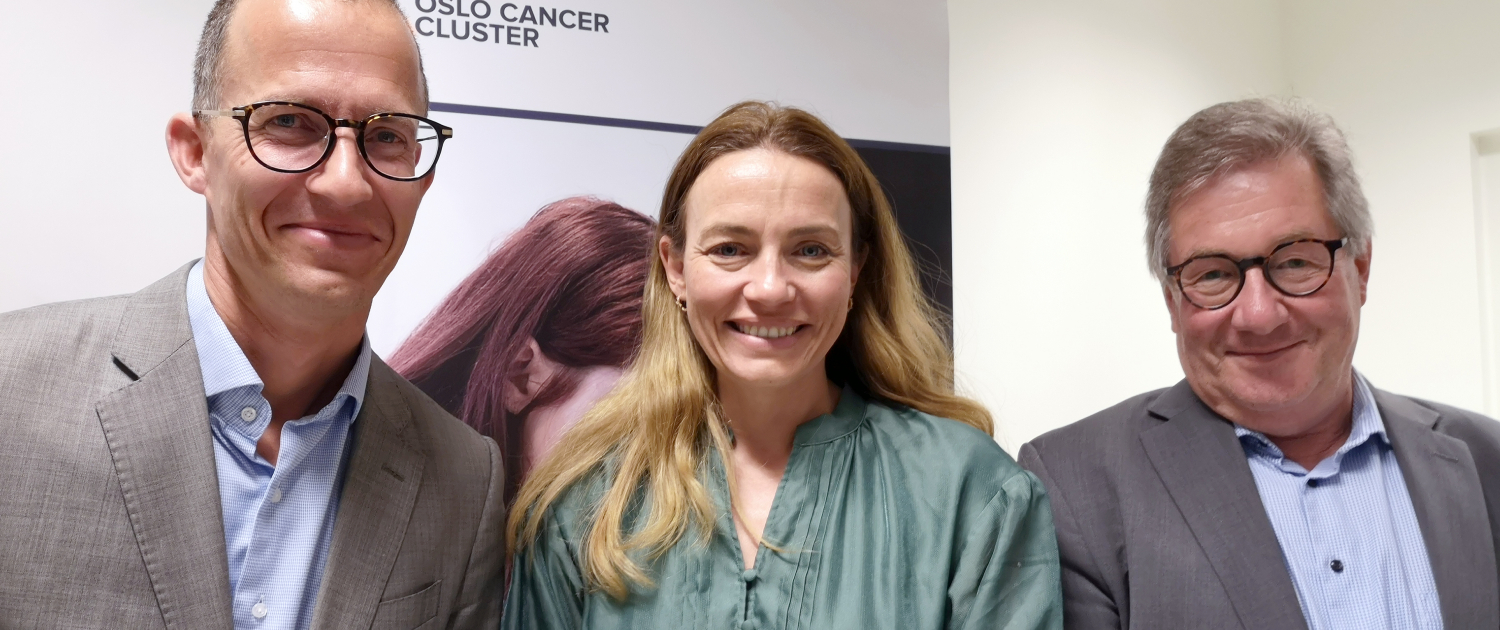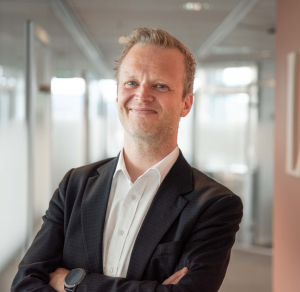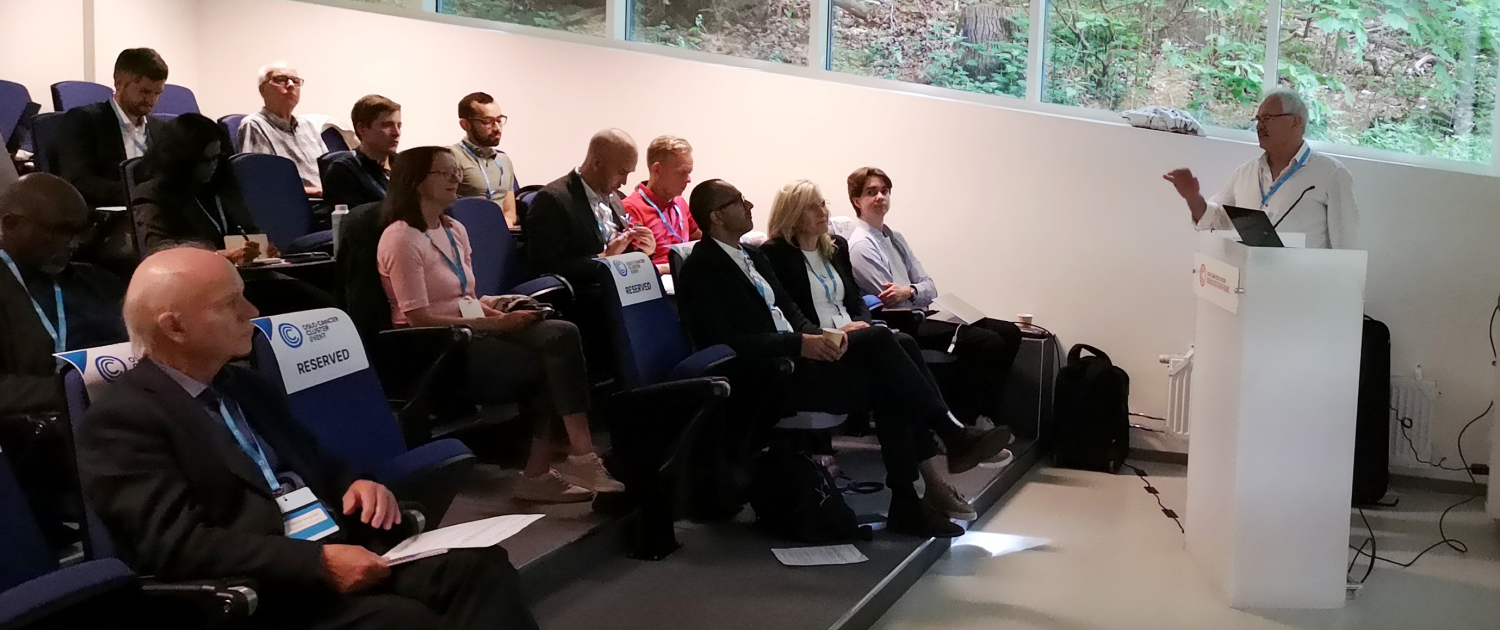Forenkler testing av helseteknologi sammen
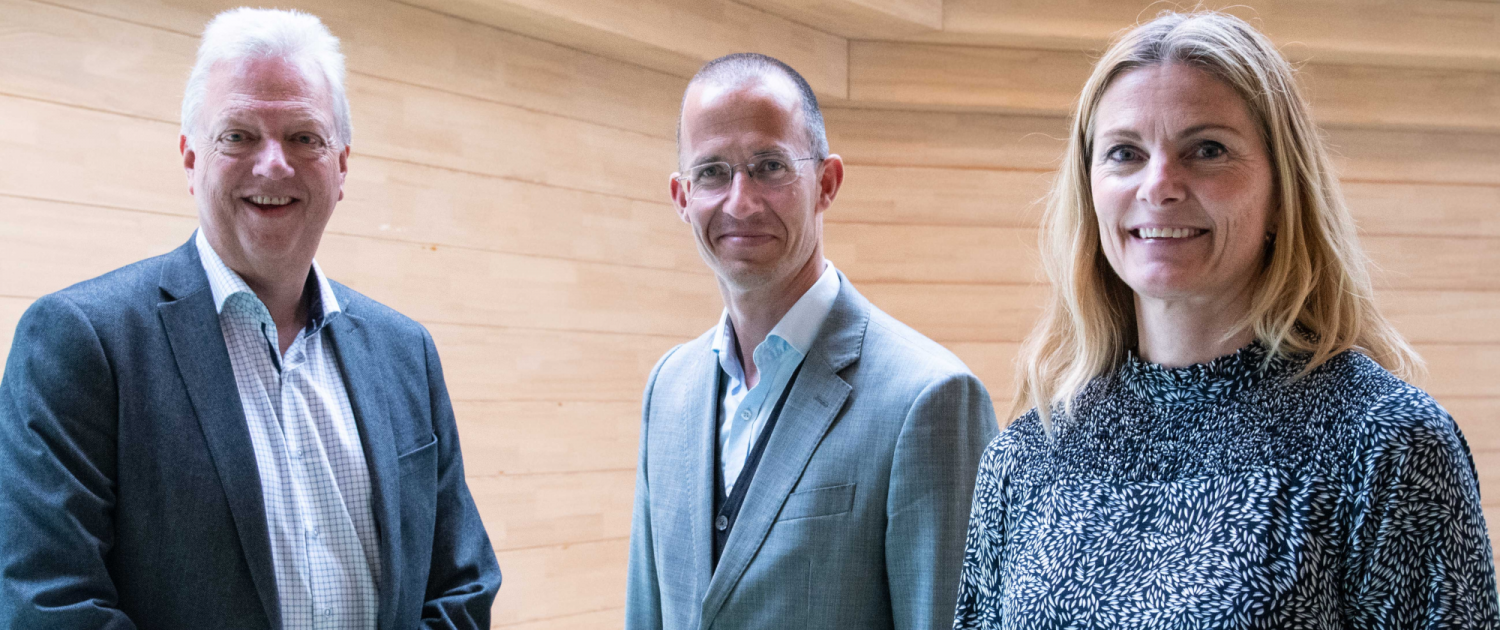
The following article is in Norwegian. It is about a new collaboration agreement between NorTrials Medical Equipment and HealthCatalyst with the aim to develop Norway as a test nation for health technologies. Please visit the Health Catalyst website if you want more information about the initiative.
NorTrials Medisinsk utstyr har inngått en samarbeidsavtale med HealthCatalyst AS for å utvikle Norge som testnasjon for helseteknologi.
Akselererer innovasjon i helsesektoren
HealthCatalyst AS er et samarbeid mellom de tre norske helseklyngene Norwegian Smart Care Cluster, Oslo Cancer Cluster og Norway Health Tech. Selskapet har som mål å bygge et ledende globalt test- og innovasjonssenter som utvikler Norges posisjon som en unik testside for fremtidens helse- og teknologitjenester.
HealthCatalyst AS er et non-profit selskap som eies med like deler av de tre klyngene. Selskapet vil bidra til økt konkurransekraft og økt verdi for den norske helseindustrien. Selskapet vil også bidra til å akselerere innovasjonsprosessen fra ide til marked for å skape robuste selskaper innen digital helse, medisinsk robotikk, og innenfor kunstig intelligens (AI). Dette vil bidra til å tiltrekke store utenlandske aktører til å legge test/utviklingsoppdrag i Norge.
NorTrials er et samarbeid mellom regionale helsemyndigheter og organisasjonene for legemiddel- og medisinteknisk industri, etablert på oppdrag fra Helse- og omsorgsdepartementet i 2021. Målet med NorTrials er å styrke og effektivisere kliniske studier i Norge gjennom å tilby et samarbeidsnettverk mellom ulike aktører i helse- og forskningssektoren.
Medisinsk utstyr er helt sentralt i det meste av diagnostikk og behandling av pasienter i sykehusene. Kliniske studier i forskning, utvikling og utprøving av medisinsk utstyr (teknologi) er noe de fleste sykehus driver med i større eller mindre grad, enten i egen forskning, samarbeidsprosjekter med universiteter og forskningsinstitutter, eller i samarbeid med industri. NorTrials Medisinsk utstyr er lagt til St. Olavs hospital HF.
Testkonsept for digitale løsninger
Samarbeidet mellom HealthCatalyst AS og NorTrials Medisinsk utstyr vil blant annet omfatte et felles kontaktpunkt for brukere der bedrifter, helsepersonell og forskere kan ta kontakt og få hjelp til det videre løp. Det vil også innebære utvikling av testkonseptet for digitale løsninger, inkludert forretningsmodeller, post market evaluering og tjenestemodeller. Internasjonal markedsføring vil også være en del av samarbeidet.
For å sikre at samarbeidet utvikler seg som begge parter ønsker, vil det etableres en styringsgruppe og en arbeidsgruppe. Arbeidsgruppen vil ha ansvaret for å definere konkrete oppgaver og aktiviteter for samarbeidet og legge til rette for at samarbeidet utvikler seg positivt. Det vil utvikles en strategi med handlingsplan for samarbeidet.
Milepæl for norsk helseteknologi
Dette samarbeidet vil være en milepæl for norsk helseteknologi og vil bidra til å øke Norges posisjon som en testnasjon for helseteknologi. Det vil også være et viktig bidrag til å utvikle norsk helseindustri og skape nye arbeidsplasser.
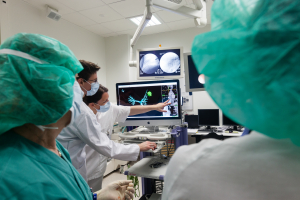
Foto: Thor Nielsen
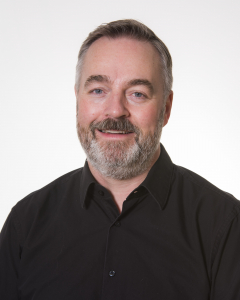
Thomas Langø, faglig leder NorTrials Medisinsk utstyr. Foto: Nortrails
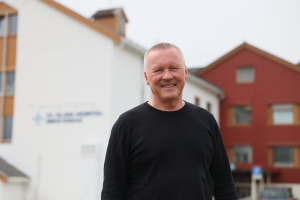
Jan Gunnar Skogås, senterleder NorTrials Medisinsk Utstyr. Foto: Nortrials
The post Forenkler testing av helseteknologi sammen first appeared on Oslo Cancer Cluster.

